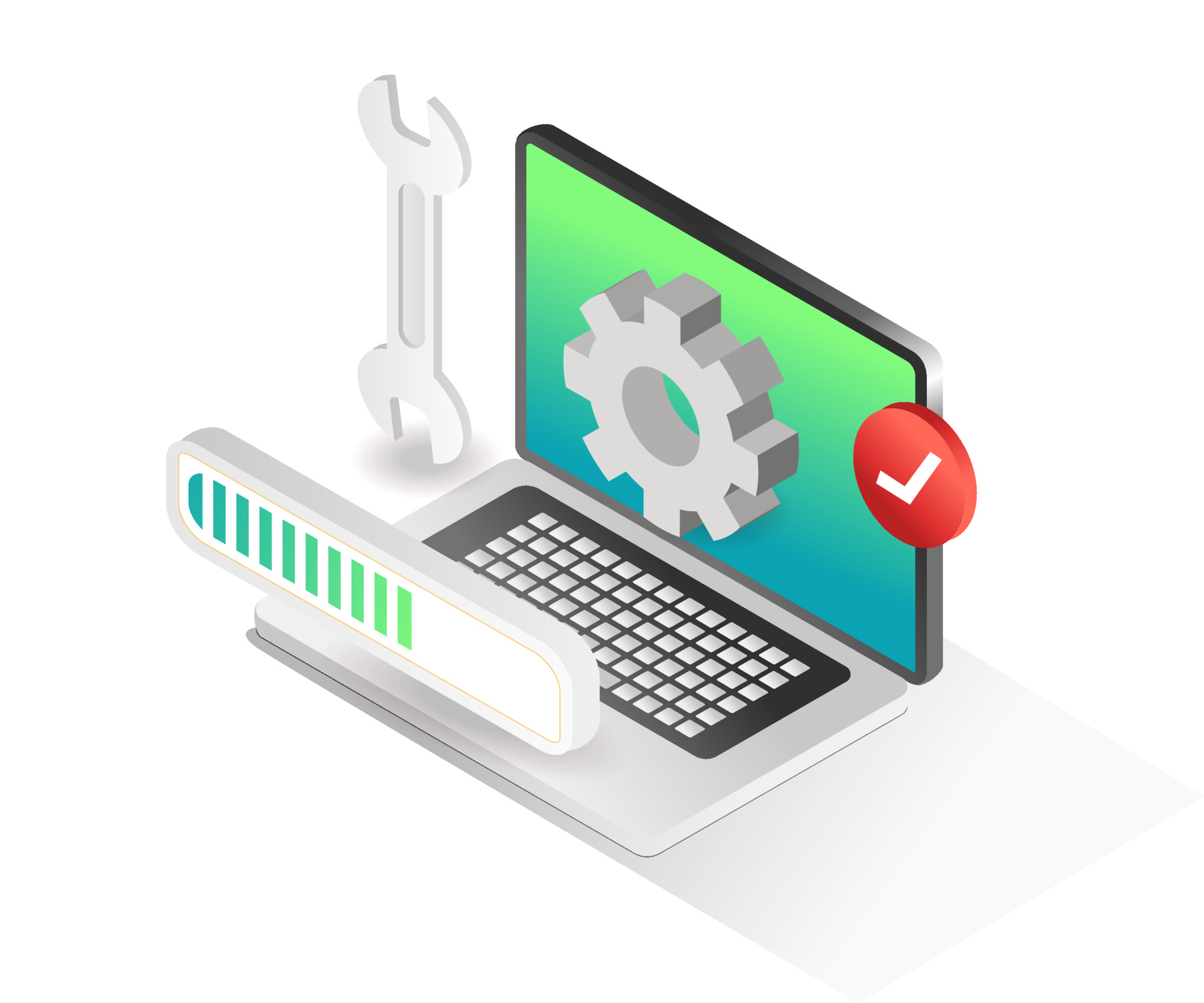
Linux System Administrator
Linux Server administration is essential for many companies, yet the cost of a full-time Linux System Administrator can be prohibitive for small to medium enterprises. Paying high charges for tasks like installations and upgrades is common, and the unavailability of administrators when needed is a challenge. Proactive system monitoring is crucial for uptime, but not all companies have dedicated IT staff for these tasks. Businesses prefer to allocate IT professionals to more productive work like application development.

